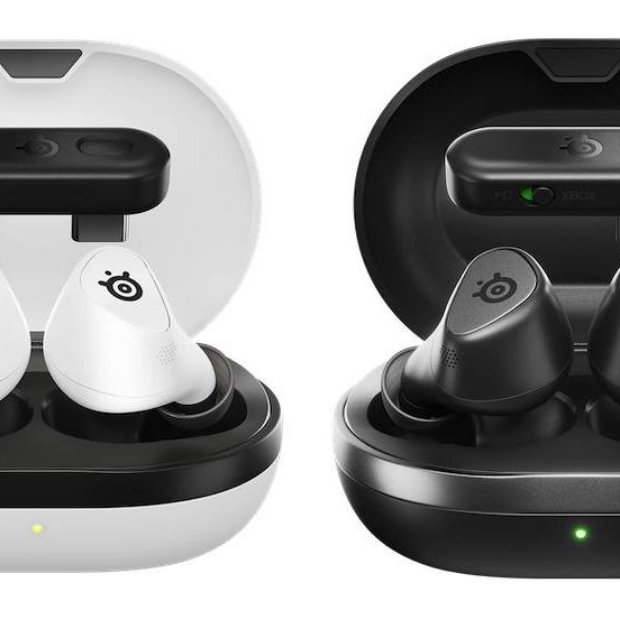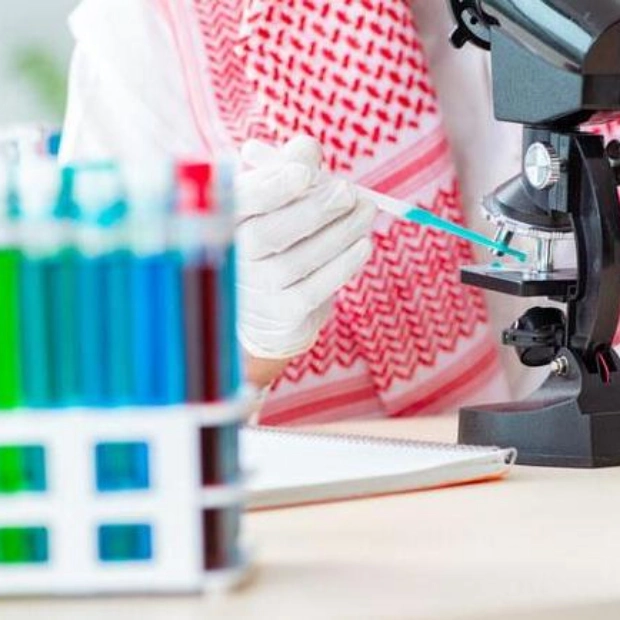In recent years, the Middle East has witnessed a significant shift towards wellness, with health-conscious consumers embracing trends that focus on overall well-being. Among these trends, probiotics — live bacteria that support digestive health — have gained significant attention. Leading this movement is Yakult, the renowned Japanese probiotic drink that has won the hearts of millions globally. As it continues to expand its presence in the region, Yakult is revolutionizing how Middle Eastern consumers perceive gut health and wellness.
Yakult’s legacy dates back to 1930 when Dr. Minoru Shirota, a Japanese scientist, aimed to enhance gut health and boost the immune system. He created a fermented milk drink enriched with billions of Lactobacillus casei Shirota bacteria, which rapidly gained popularity in Japan and Asia. Over the years, Yakult has extended its reach to over 40 countries, establishing itself as a global leader in probiotics.
Yakult’s introduction in the GCC region aligns with the broader trend of adopting healthier lifestyles. With increasing awareness about gut health, immunity, and overall wellness, consumers in countries like the UAE, Oman, Bahrain, and Kuwait are increasingly opting for functional foods — products that offer specific health benefits beyond basic nutrition. This growing demand is driven by factors such as heightened health consciousness, a rising middle class, and a younger population that is proactive about wellness solutions. Yakult’s unique formulation and scientifically proven benefits have made it a highly sought-after product, now commonly found on supermarket shelves across the region.
At the heart of Yakult’s popularity is its probiotic efficacy. The Lactobacillus casei Shirota strain is scientifically proven to reach the gut alive, promoting a balanced microbiome — a diverse ecosystem of beneficial bacteria crucial for digestion, immunity, mental health, and even skin health. Probiotics have been shown to alleviate issues like constipation and diarrhea while boosting immune function. For the fast-paced lifestyles prevalent in the Middle East, where quick meals often dominate, Yakult provides a simple, convenient way to incorporate probiotics into daily routines. A healthy gut microbiome is also linked to better nutrient absorption, improved energy levels, and a reduced risk of chronic diseases — factors that resonate strongly with consumers prioritizing long-term health.
Yakult’s commitment to wellness extends beyond its product offerings. The brand actively participates in Corporate Social Responsibility (CSR) initiatives, particularly those focused on raising awareness about the benefits of probiotics. One notable example is Yakult’s involvement in ‘Pinktober’, the global breast cancer awareness month. Each October, the company collaborates with healthcare professionals to host educational sessions and community events, highlighting the role of probiotics in enhancing immunity and supporting overall health. Although probiotics are not a cure for cancer, emerging research suggests that a balanced gut microbiome may influence immune response, potentially reducing inflammation and cancer risks. Through these initiatives, Yakult empowers communities with knowledge, reinforcing its dedication to promoting healthier lifestyles.
As wellness trends continue to evolve in the Middle East, Yakult is well-positioned for a promising future. Its proven benefits and commitment to education position it as more than just a drink — it’s becoming a lifestyle choice for health-conscious consumers. In a region where health fads often come and go, Yakult’s science-backed approach to gut health has earned it trust and loyalty. As more people prioritize preventative care and embrace probiotics, Yakult is helping shape a healthier, more informed future in the Middle East — one bottle at a time.
Source link: https://www.khaleejtimes.com






